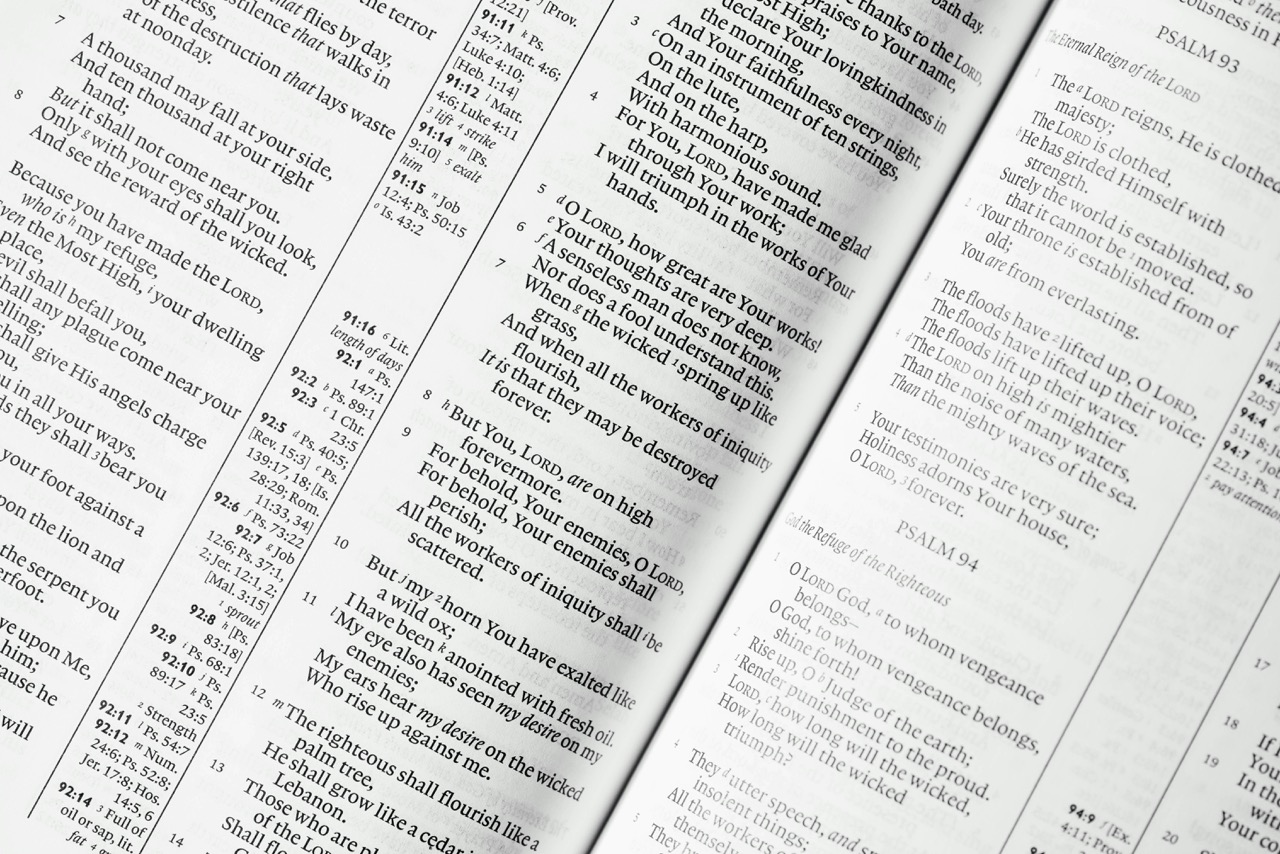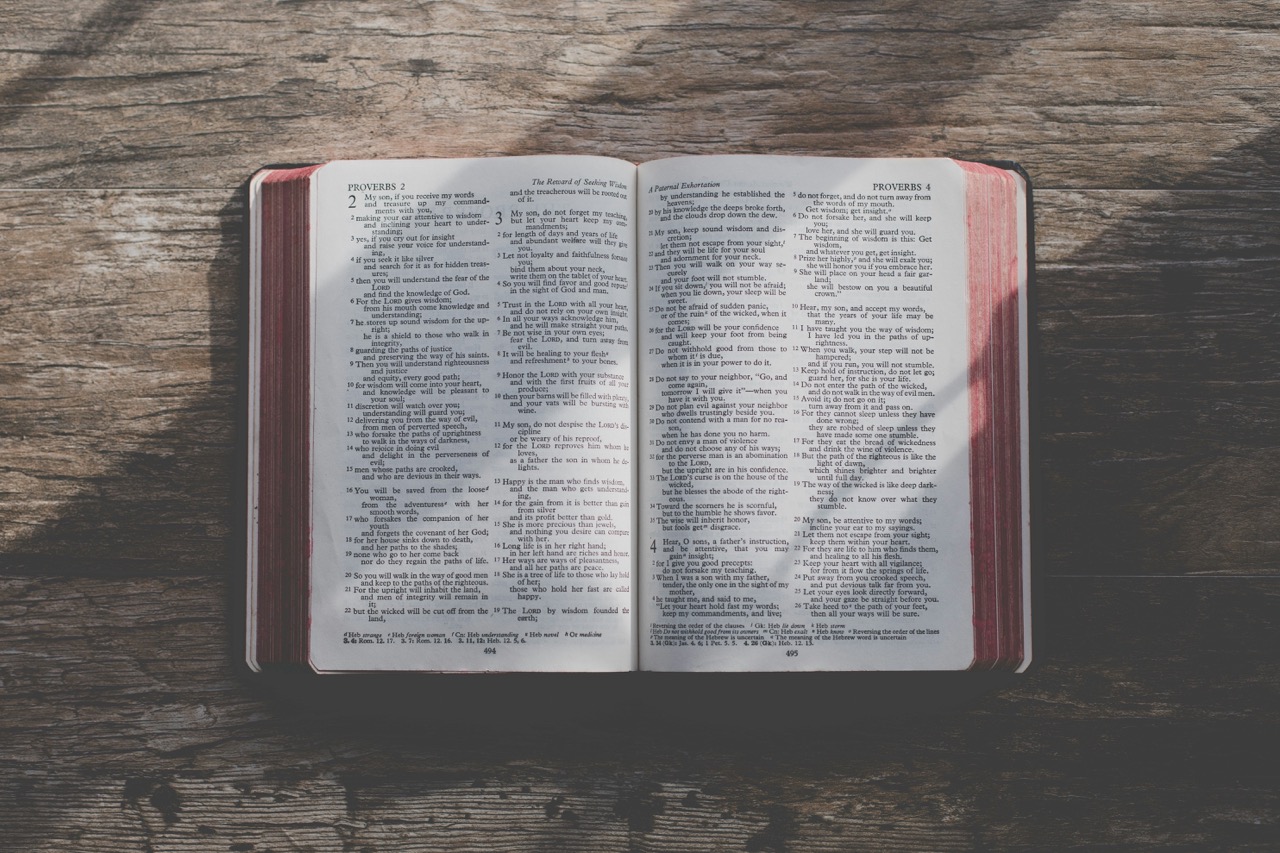Joseph’s Coat of Many Colors: A Story of Favor and Betrayal

The story of Joseph, found in the Book of Genesis, is a profound narrative that explores themes of favoritism, betrayal, and redemption. Central to this tale is Joseph’s coat of many colors, a symbol of his father’s preferential love and the ensuing discord among his siblings. This article delves into the significance of Joseph’s coat within the biblical context, examines the dynamics of favoritism in familial relationships, and discusses the betrayal he faced from his brothers. It also highlights Joseph’s eventual redemption and the overarching themes of forgiveness that resonate throughout his journey.
The Significance of Joseph’s Coat in Biblical Narrative
Joseph’s coat of many colors serves as a powerful symbol in the biblical narrative, representing the unique status bestowed upon him by his father, Jacob. Unlike his brothers, Joseph is favored by Jacob, who gifts him this elaborate garment. The coat not only distinguishes Joseph among his siblings but also signifies Jacob’s deep affection for him. This act of favoritism is pivotal to understanding the subsequent events, as the coat becomes a tangible representation of the love and attention that Joseph receives—elements that his brothers lack.
Moreover, the coat plays a crucial role in the unfolding drama within the family. When Joseph has dreams suggesting that he will one day rule over his brothers, the coat becomes a source of deep envy and resentment. The brothers perceive it as a constant reminder of Joseph’s favored status, intensifying their animosity towards him. The narrative uses the coat to convey the broader themes of jealousy and rivalry, illustrating how favoritism can sow discord within familial relationships. In this context, Joseph’s coat is not just an article of clothing; it is a catalyst for the unfolding tragedy.
Additionally, the coat serves as a narrative device that drives the plot forward, ultimately leading to Joseph’s betrayal. When the brothers conspire against him, they strip him of the coat, symbolizing their rejection of Joseph and the love he represents. This act of tearing away the coat signifies a severance of familial ties and a descent into betrayal, setting the stage for Joseph’s eventual hardships. Thus, the coat encapsulates the complex interplay of love, envy, and betrayal that permeates the story, marking it as one of the most significant symbols in the biblical narrative.
Favoritism and Its Impact on Family Dynamics
Favoritism, as evidenced in Joseph’s relationship with Jacob, has profound implications for family dynamics. Jacob’s open favoritism towards Joseph fosters an environment rife with jealousy and resentment among his other sons. The preferential treatment creates an imbalance in sibling relationships, leading to a fractured family dynamic. Rather than fostering unity, Jacob’s actions breed discord, illustrating how favoritism can undermine the foundational bonds of family.
The emotional toll of favoritism on the brothers is palpable, as they grapple with feelings of inadequacy and rejection. They perceive themselves as less valued, which leads to a collective sense of alienation. This emotional estrangement is further exacerbated by Joseph’s own naivety; his dreams of supremacy only serve to inflame the existing tensions. As a result, the family dynamics are characterized by rivalry, resentment, and ultimately, betrayal. The brothers’ negative feelings towards Joseph are not only directed at him but also reflect their complex relationship with their father, Jacob.
Furthermore, the impact of favoritism extends beyond immediate family interactions, affecting long-term relationships and personal identities. Each brother’s response to their father’s favoritism shapes their character and decisions. The narrative illustrates how emotional wounds inflicted by favoritism can lead to destructive choices, pushing the brothers to commit acts they might not have otherwise considered. Thus, the story serves as a cautionary tale about the dangers of favoritism and its capacity to fracture familial bonds, leading to potentially irrevocable consequences.
The Betrayal of Joseph: Sibling Rivalry and Consequences
The betrayal of Joseph by his brothers is one of the most poignant moments in the Genesis narrative, driven by deep-seated sibling rivalry. Fueled by jealousy, the brothers conspire to rid themselves of Joseph, culminating in a plan to sell him into slavery. This act of betrayal underscores the extremes to which jealousy can drive individuals, transforming familial love into animosity. Their decision to deceive their father by presenting the coat, stained with goat’s blood, further illustrates the depths of their treachery and the lengths they will go to conceal their actions.
The consequences of this betrayal are profound and far-reaching. Joseph is taken to Egypt, where he faces a series of trials that test his character and resolve. Stripped of his familial ties and thrown into a foreign culture, Joseph’s journey becomes one of resilience and adaptation. The isolation he experiences serves to highlight the emotional toll of his brothers’ actions, as he navigates life as a slave and later as a prisoner. This narrative arc emphasizes the theme that betrayal can lead to significant personal growth, even amidst suffering.
Moreover, the betrayal sets off a domino effect that ultimately leads to the brothers’ own reckoning. Their actions lead to a cascade of events that result in famine and their eventual descent into Egypt, where they must confront the consequences of their betrayal. The irony lies in the fact that the very brother they sought to eliminate becomes a source of salvation for them. This twist in the story reinforces the idea that actions rooted in jealousy can lead to unforeseen repercussions, not only for the victim but also for the perpetrator.
Redemption and Forgiveness: Joseph’s Journey Unfolds
As the narrative progresses, Joseph’s journey transforms from one of despair to one of redemption and forgiveness. While initially cast into the depths of despair through betrayal and hardship, Joseph rises to power in Egypt, ultimately becoming the second-in-command under Pharaoh. His ascent is marked by wisdom and integrity, showcasing how adversity can forge resilience and character. Joseph’s ability to interpret dreams and manage resources during famine demonstrates his remarkable growth and adaptability, turning his past suffering into a platform for future success.
Joseph’s eventual reunion with his brothers serves as a crucial moment of transformation, where the themes of forgiveness and reconciliation come to the forefront. When the brothers arrive in Egypt seeking food, Joseph recognizes them, yet they do not realize who he has become. This moment is charged with emotion, as Joseph grapples with the pain of their betrayal juxtaposed with the opportunity for mercy. His decision to test their character before revealing his identity underscores the complexities of forgiveness, as he seeks to ascertain whether they have changed since their betrayal.
The conclusion of Joseph’s story embodies the ultimate message of redemption: the power of forgiveness can heal even the deepest of wounds. When he finally reveals himself to his brothers, Joseph expresses a profound understanding of God’s divine plan. He articulates that what they intended for evil, God used for good, highlighting a crucial theological insight into suffering and redemption. This powerful act of forgiveness not only restores familial bonds but also serves as a testament to the resilience of the human spirit and the transformative power of grace.
The story of Joseph’s coat of many colors encapsulates a rich tapestry of themes such as favoritism, betrayal, and redemption that resonate throughout the biblical narrative. By examining the implications of Jacob’s favoritism and the resulting sibling rivalry, we gain insight into the complexities of familial relationships. Joseph’s journey from betrayal to redemption serves as a powerful reminder of the potential for forgiveness and the possibility of finding purpose in adversity. Ultimately, the narrative invites readers to reflect on their own relationships and the profound impact of choices rooted in love, jealousy, and the capacity for grace.




